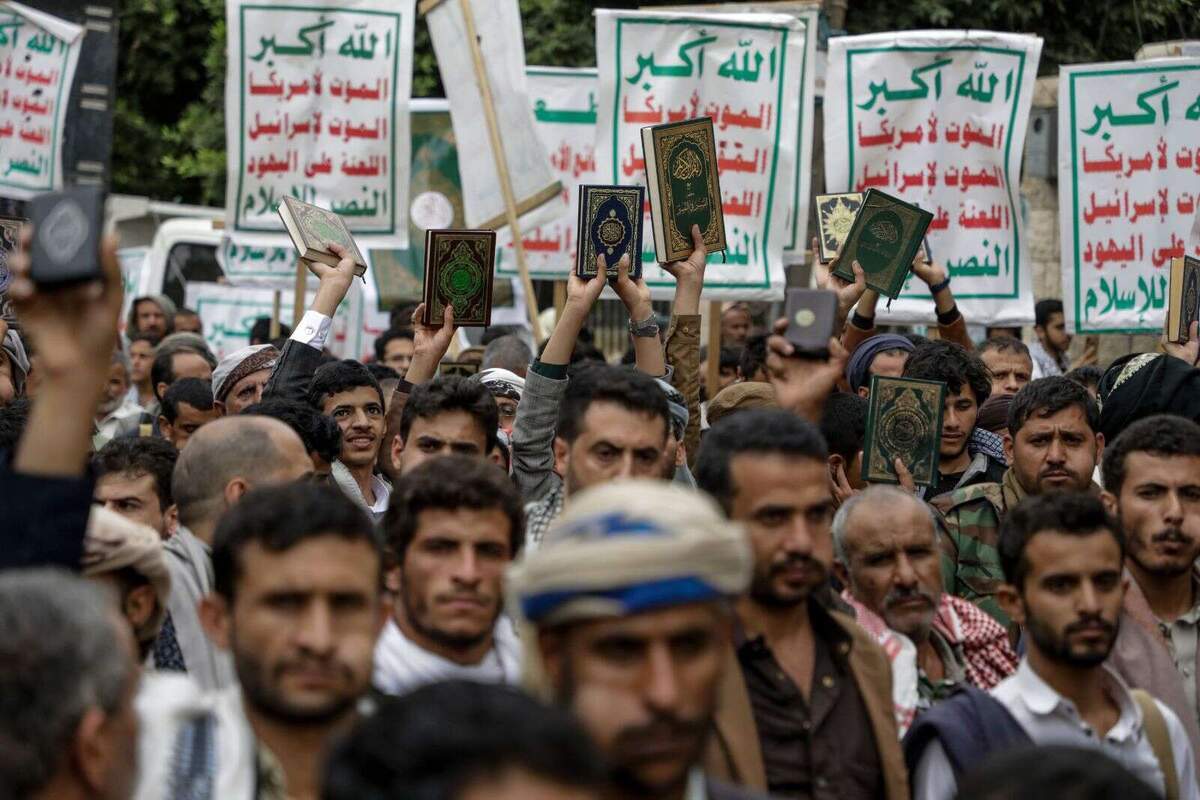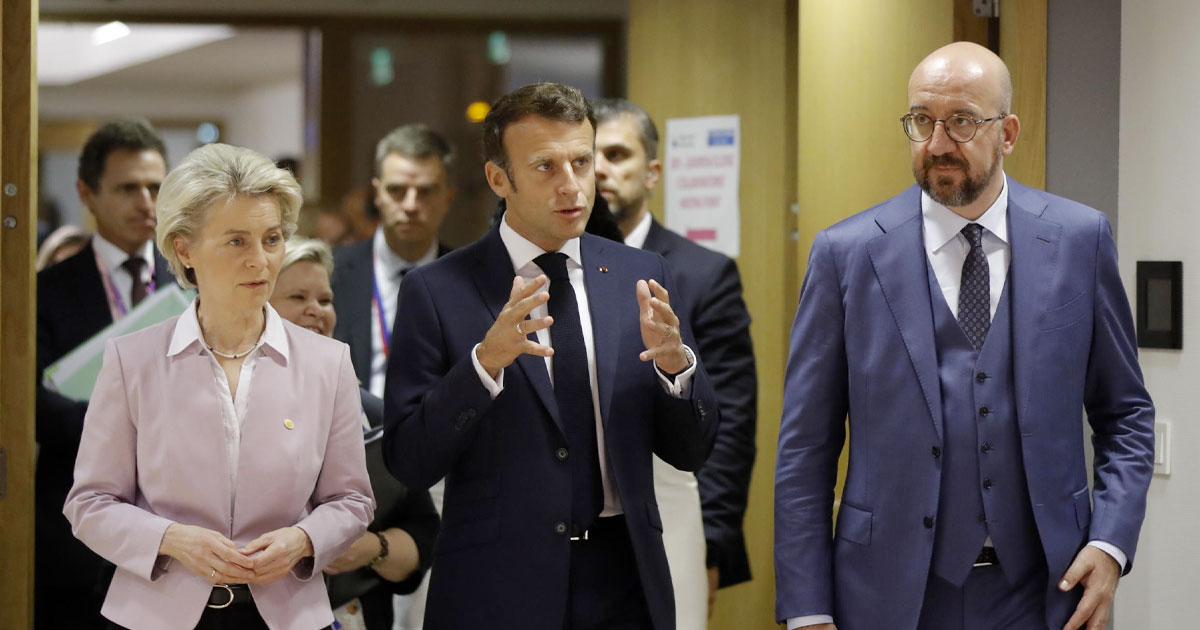The jihadist attack on Crocus City Hall in Moscow is the deadliest in the past 20 years in Russia, and the worst on European soil since the 2015 attacks in Paris. Despite the Kremlin's attempts to implicate Ukraine, doubts about the identity of ISIS have diminished. This would reactivate the terrorist alert in Europe, where jihadist activity has been increasing for some time.
If Islamic terrorism has moved this time in Russia and not in Europe, it is due to logistical reasons. The terrorists could have exploited the weakness of Russian intelligence and its internal defenses, which are now focused on the Ukrainian front. On the other hand, the strengthening of internal security in recent months in European countries has thwarted many attacks and deterred jihadists.

But the attack in Moscow is a warning to Europe, especially because of the paradigm shift toward Islamic terrorism. Evidence indicates that the Islamic State in Khorasan is the perpetrator of the massacre. This franchise now has a greater ability to carry out large-scale operations, and after several attacks in Iran, Turkey and Russia, a major attack in Europe could also be considered.
IS-K establishes its presence in Europe
The threat in Europe is increasing due to the expanding tentacles of ISIS-K, which has sufficient operational capacity to consider taking large-scale action. For many years, ISIS took action alone because it did not have enough strength to coordinate major attacks. This would have changed now, forcing European police to increase their anti-terrorism alert.
But in addition, the threat is increasing because regional conflicts such as the conflict in Palestine have led to the call for global jihad. The threat is no longer limited to Africa or Asia only, but is moving to the heart of the West. Police evidence indicates that many ISIS cells have been established in Europe, some of which were already dismantled last summer in places such as Germany or the Netherlands.
In a short time, ISIS would have been able to transform from lone wolves into jihadist cells with the ability to operate. This makes jihadism once again the main security threat in Europe. Experts believe that it is only a matter of time, and that the death toll will be even greater than the Paris attacks.
Catalonia and Spain, the hotbed of extremist Islam
Although strengthening security measures prevented further attacks in Europe, terrorists found in Ukraine a gateway to the continent. Last year, detainees in Germany and the Netherlands entered via the Ukrainian route. In 2022, US intelligence confirmed the discovery of jihadist cells in Ukraine, where they also have access to the black market for weapons and explosives.
Spain is one of the European countries with the greatest security concerns, whether due to the growth of immigration or the spread of radical Islam. In recent months, arrests related to Islamic terrorism have been made in cities such as Ceuta, Almeria, Madrid and Barcelona. Catalonia is the most migratory community of Muslim origin and one of the main hotbeds of Salafism in Europe.
Spanish authorities raised the anti-terrorism alert to level four in December. The attack in Moscow is a new reminder not to let the guard down, especially in surveillance missions in Muslim societies. Jihad is a sleeping wolf that has awakened and is ready to attack with the worst forces.

“Freelance social media evangelist. Organizer. Certified student. Music maven.”



